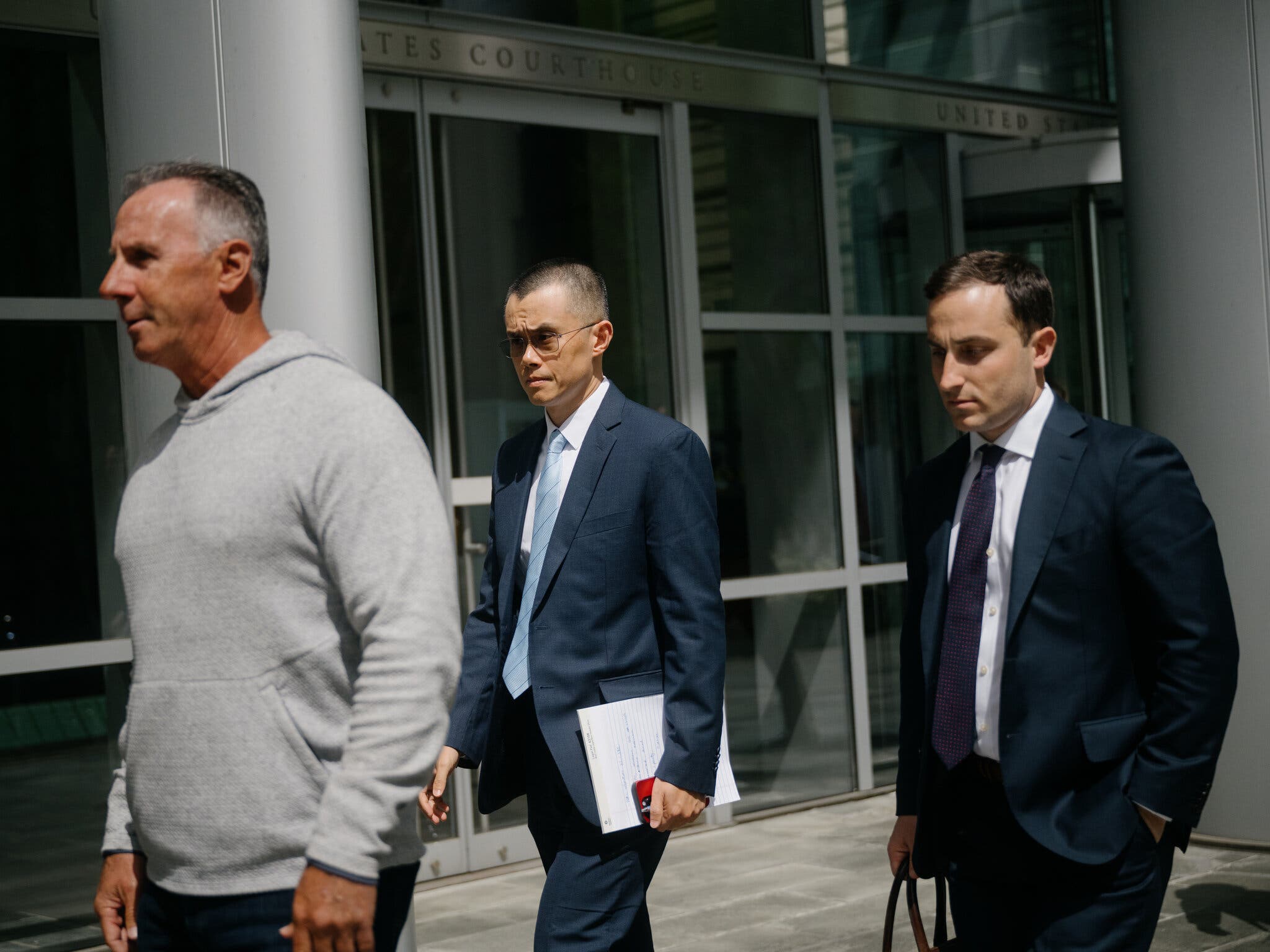Trump’s Era of Post-Truth Politics
Trump and his advisors have introduced the country into a new political era of post-truth, where facts are questioned and fictions are used to achieve political goals. In her first briefing as White House press secretary, Karoline Leavitt stated that she was committed to telling the truth from the podium. Moments later, she announced the government had blocked a $50 million contract for the purchase of condoms in Gaza, an absurd claim quickly discredited. Despite this, the claim went viral and was used to justify Trump’s push to cut federal government funding. The first years of Trump’s presidency were filled with false statements, but now his aides amplify these claims. This strategy is effectively institutionalizing misinformation.
Trump and the New Era of Post-Truth Politics
With the resurgence of misinformation, the political landscape has become increasingly fraught with divisive narratives. This shift is evident as Trump and his officials continue to challenge accepted truths, promoting narratives that align with specific political agendas. There is an observable pattern where misinformation not only influences public perception but also policy decisions that impact governmental efficacy. Trump’s administration is seen as strategically leveraging these fabrications to rally support and undermine opposition, systematically eroding trust in traditional institutions. Meanwhile, figures in the administration, like Secretary of State Marco Rubio, reinforce falsehoods under the guise of implementing policy changes, further entrenching this culture of misinformation. In doing so, they dismantle mechanisms meant to safeguard against foreign influence and false narratives, leaving the political and media landscapes vulnerable to manipulation. This climate challenges the nation’s capacity for rational discourse and public trust, with far-reaching implications on both domestic and international fronts.
Discrediting False Claims in Political Discourse
Throughout this complex political landscape, Trump’s administration has proven adept at steering public discourse, even in the face of factual inconsistencies. This approach extends beyond domestic policies to international relations, with Trump’s inflammatory statements about Ukraine receiving heavy criticism from both allies and adversaries. Such rhetoric, which attempts to shift blame and revise historical events, has raised concerns over the impact on global alliances, notably NATO, where trust and shared strategic objectives are essential. Experts warn that this steady erosion of the truth could facilitate a realignment of international power dynamics, much to the advantage of authoritarian regimes. In this environment, the persistent dissemination of alternate narratives by high-profile figures and their amplifiers poses a significant challenge not only to political opponents but to the very foundations of democratic processes and international cooperation.
Institutionalizing Misinformation and Its Impact on Political Discourse
Yet, the impact of this pervasive misinformation campaign is not limited to international conflict or diplomatic relations; it reaches deep into the fabric of American society. By sowing doubt and confusion, these falsehoods challenge the very notion of objective truth, leaving many citizens questioning whom and what to believe. This has led to a polarization of perspectives, where individuals cling to their preferred sources of information, often retreating into echo chambers that reinforce existing beliefs rather than challenge them. The resultant environment is one where critical thinking is overshadowed by cynicism and skepticism, undermining the collective ability to address pressing national and global issues effectively. As misinformation proliferates, the task of governance itself becomes more arduous, straining the mechanisms of democracy and highlighting the need for a renewed commitment to transparency and factual discourse.
Challenges in Addressing Misinformation in the Current Media Landscape
In this era of post-truth politics, the permeation of misinformation into the political and media landscape has created challenges not only for public discourse but also for trust in democratic institutions. The overwhelming spread of false narratives threatens to undermine the very fabric of informed decision-making and accountability. As political figures leverage misinformation as a tool to achieve their aims, the responsibility falls on individuals, institutions, and the media to remain vigilant and advocate for truth and transparency. The consequences of eroded trust are vast and profound, and addressing them requires a renewed commitment to factual accuracy and open dialogue from both sides of the political spectrum.















Post Comment